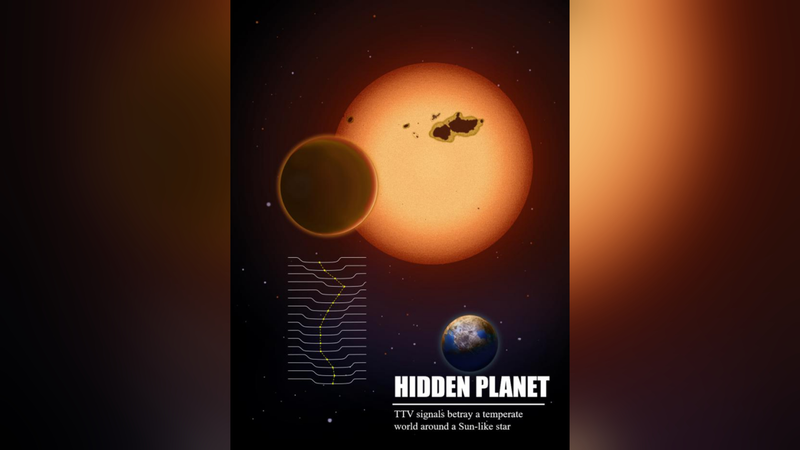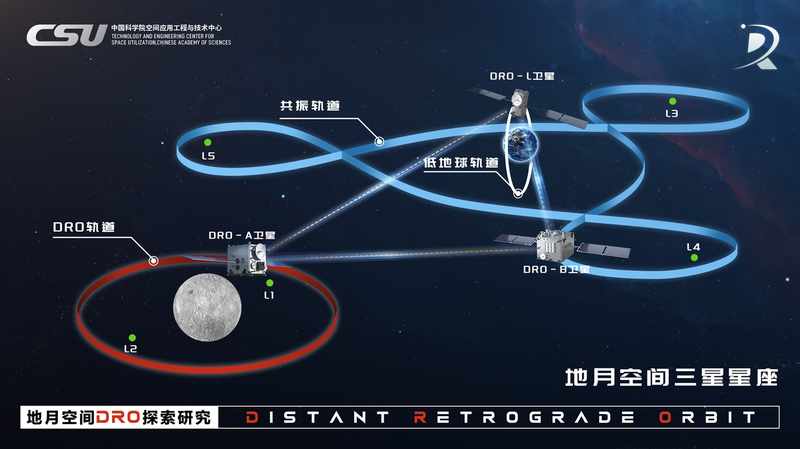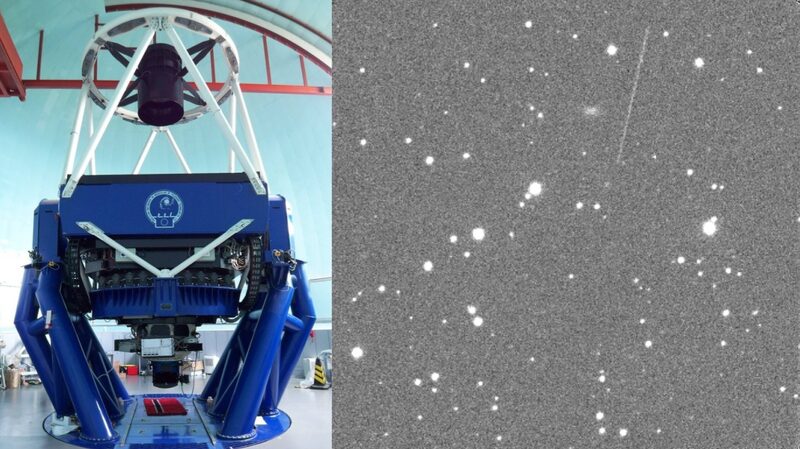Hold onto your telescopes, space fans! 🔭 A team of Chinese and German scientists just discovered Kepler-725c—a potential Earth twin—using a game-changing detection method. This rocky world, 10x Earth’s mass, orbits a sun-like star in the habitable zone where liquid water (and maybe life? 👽) could exist!
Published in Nature Astronomy, the study used Transit Timing Variation (TTV)—a clever hack analyzing orbital quirks of a neighboring gas giant—to spot the hidden planet. No flashy star dimming or wobbles required! 🪐
"This shows TTV’s power to find small planets in life-friendly zones," said lead researcher Sun Leilei from Yunnan Observatories. Kepler-725c takes 207.5 days to circle its star, chilling in the "Goldilocks" temperature range. 🌡️
Located 2,472 light-years away, the Kepler-725 system mirrors our solar setup, making it a prime candidate in the hunt for alien life. But don’t pack your bags yet—researcher Gu Shenghong cautions: "We need more data to confirm if it’s truly Earth-like." 🛸
The discovery, a collab between Yunnan Observatories, Xi’an Jiaotong-Liverpool University, and Hamburg Observatory, proves teamwork makes the cosmic dream work. 🌌✨
Reference(s):
New Earth-sized planet detected in habitable zone with novel method
cgtn.com







